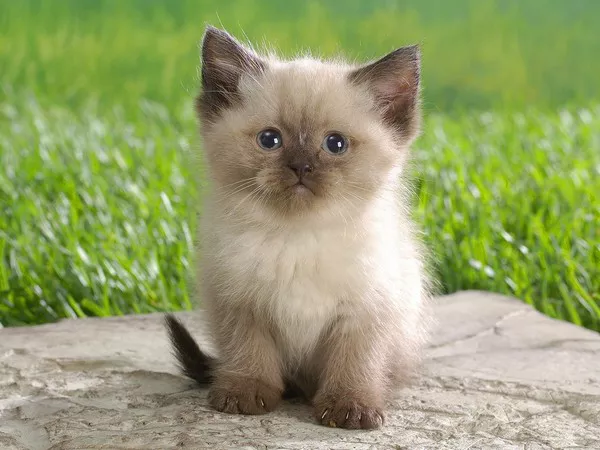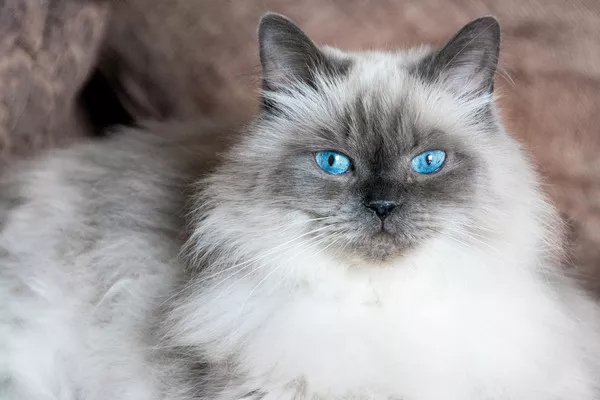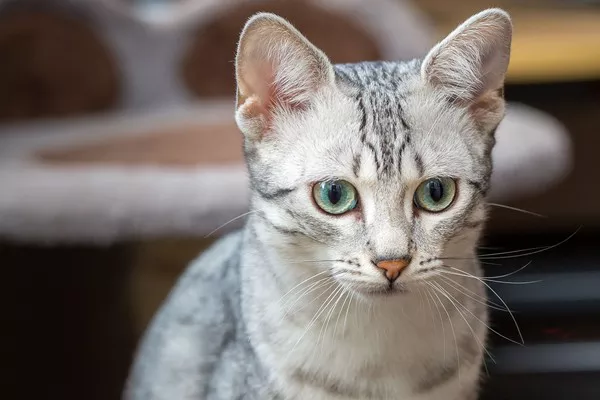Cats, with their curious nature and discerning taste buds, occasionally find themselves in unexpected culinary adventures. While many pet owners are cautious about what their feline companions consume, instances of cats indulging in spicy food are not unheard of. In this comprehensive guide, we delve into the intricacies of cats consuming spicy fare, exploring the potential consequences, and offering guidance on how to handle such situations. Understanding the impact of spicy food on cats is vital for responsible pet ownership and ensuring the well-being of our beloved feline friends.
Cats and Their Palates:
Cats are obligate carnivores, meaning their diet primarily consists of meat. Their taste receptors differ from those of humans, and they lack specific receptors for detecting sweetness. While cats have taste receptors for bitterness, they generally prefer savory and meaty flavors. The inclination toward specific tastes is rooted in their evolutionary history as hunters and carnivores.
Spices in Cat Diets:
In traditional cat diets, spices are not a staple. Cats thrive on a balanced and species-appropriate diet that revolves around high-quality cat food designed to meet their nutritional needs. Introducing spices or highly seasoned foods into a cat’s diet can lead to digestive issues, and in some cases, it may pose more severe health risks.
Cats and Spice Tolerance:
Cats lack the taste receptors for capsaicin, the compound responsible for the spiciness in chili peppers. Unlike humans, who may find pleasure in the heat of spicy foods, cats are generally averse to such flavors. However, curiosity or accidental exposure can lead a cat to sample spicy food, and pet owners must be aware of the potential consequences.
Potential Consequences of Cats Consuming Spicy Food:
1. Gastrointestinal Distress:
Spicy foods can irritate a cat’s sensitive digestive system, leading to symptoms such as vomiting, diarrhea, or abdominal discomfort.
2. Oral and Esophageal Irritation:
The spiciness in certain foods may cause irritation in a cat’s mouth and esophagus, resulting in drooling, pawing at the mouth, or reluctance to eat.
3. Allergic Reactions:
Some spices, such as garlic or onion, commonly found in spicy foods, can be toxic to cats and may trigger allergic reactions. Symptoms may include swelling, difficulty breathing, or lethargy.
4. Pancreatitis:
In severe cases, the consumption of highly spiced or seasoned foods may contribute to the development of pancreatitis, an inflammatory condition affecting the pancreas.
Specific Spices and Their Impact on Cats:
Chili Peppers:
The compound capsaicin in chili peppers can cause gastrointestinal upset and discomfort in cats. Ingesting a significant amount may lead to more severe reactions.
Garlic and Onion:
These common ingredients in spicy foods are toxic to cats and can lead to anemia and other serious health issues. Even small amounts should be avoided.
Spices with Essential Oils:
Certain spices, such as nutmeg, contain essential oils that can be harmful to cats. Ingestion may result in neurological symptoms, including tremors and seizures.
Salt:
Spicy foods are often high in salt, and excessive salt intake can lead to sodium ion poisoning in cats. This may cause increased thirst, urination, and potential organ damage.
Immediate Steps if Your Cat Consumes Spicy Food:
Monitor for Symptoms:
Keep a close eye on your cat for any signs of distress, including vomiting, diarrhea, lethargy, or changes in behavior.
Contact Your Veterinarian:
If you suspect your cat has consumed a significant amount of spicy food or exhibits concerning symptoms, contact your veterinarian promptly. Provide details about the type and amount of spicy food ingested.
Do Not Induce Vomiting:
Unlike dogs, it’s not recommended to induce vomiting in cats without veterinary guidance. Some substances can cause further damage on the way back up.
Keep Spicy Foods Out of Reach:
Prevent future incidents by ensuring that spicy foods and seasonings are securely stored and out of your cat’s reach.
Long-Term Considerations:
Review Your Cat’s Diet:
Ensure your cat’s diet is well-balanced and meets their nutritional needs. Consult with your veterinarian to choose a high-quality cat food appropriate for your cat’s age, health, and lifestyle.
Avoid Offering Spicy Treats:
While it may be tempting to share a bite of your meal with your cat, it’s best to avoid offering spicy treats or foods with added seasonings.
Provide Safe Enrichment:
Instead of spicy treats, offer safe and cat-friendly enrichment options, such as puzzle feeders or toys designed to stimulate their natural hunting instincts.
Regular Veterinary Check-Ups:
Schedule regular check-ups with your veterinarian to monitor your cat’s overall health and address any dietary concerns or sensitivities.
See Also: Pros & Cons of Cooked Beef for Cats
Conclusion:
Cats and spicy food are not a natural pairing, and responsible pet ownership involves being vigilant about what our feline companions consume. While the occasional taste of a mildly spiced food may not cause harm, pet owners must remain cautious about the ingredients and potential consequences. Understanding the impact of spicy food on cats empowers pet owners to make informed decisions, prioritize their cat’s well-being, and respond promptly in case of accidental spicy encounters. By fostering a safe and appropriate diet, pet owners contribute to the long-term health and happiness of their beloved feline friends.



























